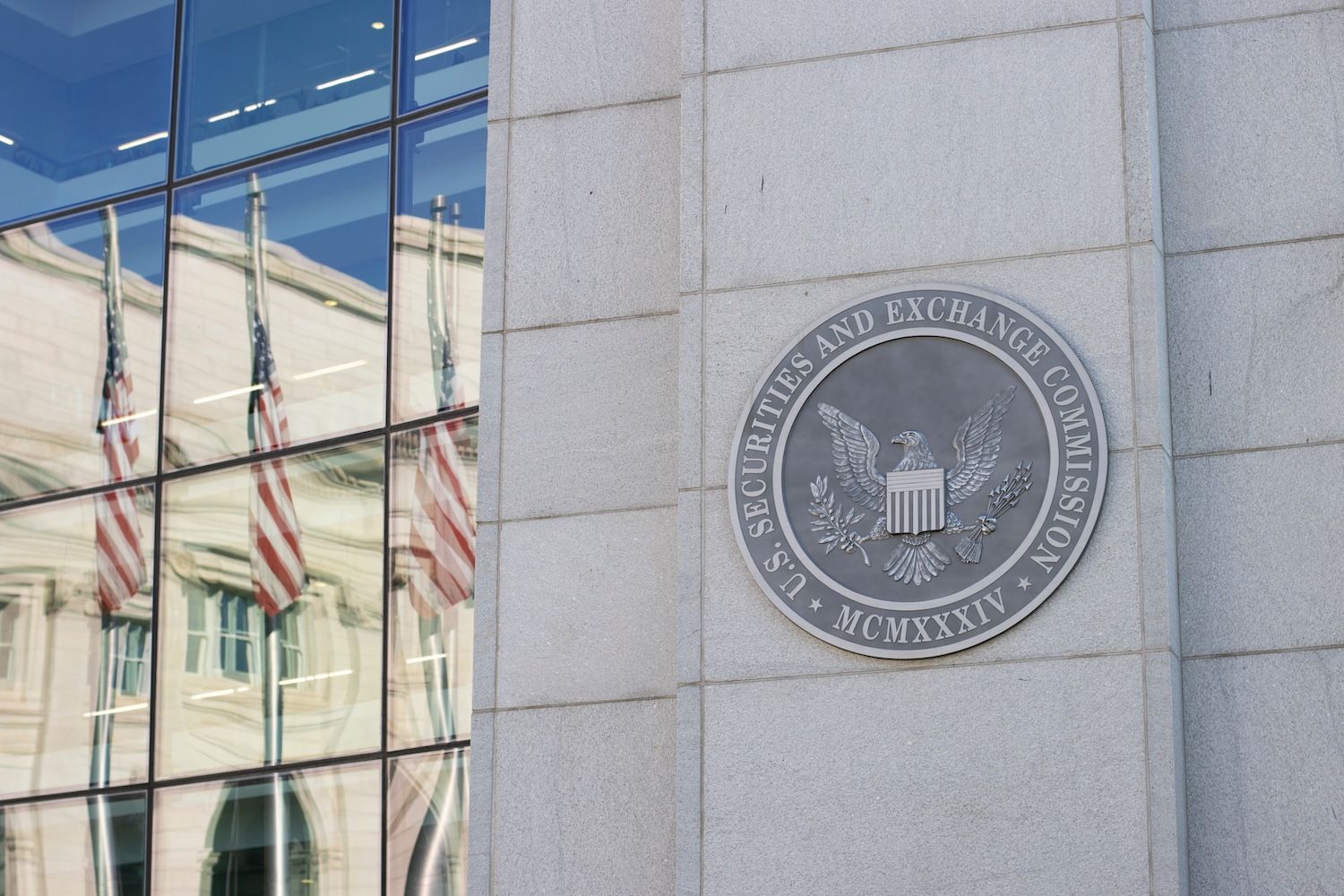SEC Ends 4-Year Ripple Legal War—$125M Penalty Stays as Crypto Claims Victory
The Securities and Exchange Commission just surrendered its sword in the $125 million Ripple battle—but kept the spoils. After a grueling four-year courtroom saga, regulators dropped their lawsuit while leaving the fine intact. Crypto’s wild west just got a little tamer.
A Pyrrhic win for XRP?
Ripple Labs escapes further legal bullets, but that nine-figure penalty stings like a Bitcoin crash. The SEC’s retreat signals regulators might finally be learning: you can’t jail code.
The fine print
That $125 million check won’t bounce—Ripple’s paying up despite the case dismissal. Meanwhile, Wall Street lawyers are already billing hours to decode what this means for the next crypto crackdown.
Crypto markets barely blinked at the news. Because when you’ve survived 80% drawdowns and exchange implosions, a mere $125M fine is just… Tuesday.

What to Know:
- The SEC sued Ripple in December 2020, claiming the company sold XRP tokens as unregistered securities to institutional investors
- A federal judge ruled in July 2023 that XRP sales to institutions violated securities laws, but public exchange sales did not
- Both parties agreed to dismiss their appeals, finalizing the $125 million fine imposed in August 2024
The Origins and Development of the Case
The legal dispute began in December 2020 when the SEC filed charges against Ripple Labs near the conclusion of Donald Trump's first presidential term. Federal regulators accused the San Francisco-based company of conducting an unregistered securities offering through sales of its XRP digital token to institutional investors. The lawsuit immediately sent shockwaves through the cryptocurrency industry, which had been grappling with regulatory uncertainty for years.
XRP ranks as the third-largest cryptocurrency by market capitalization, trailing only Bitcoin and ethereum according to CoinMarketCap data. The token's legal status became a critical test case for how U.S. regulators would classify digital assets under existing securities laws.
The case took an unexpected turn in July 2023 when U.S. District Judge Analisa Torres delivered a split decision. Torres ruled that Ripple's XRP sales to institutional investors did constitute securities transactions subject to federal oversight. However, she determined that XRP sold on public cryptocurrency exchanges did not meet the definition of securities under the Howey test, which evaluates investment contracts.
Regulatory Shifts Under New Administration
The resolution gained momentum following Trump's return to the WHITE House in January 2025. The new administration brought a markedly different approach to cryptocurrency regulation, with SEC leadership showing increased willingness to resolve pending enforcement actions. This shift represented a significant departure from the previous administration's aggressive stance toward digital asset companies.
Both Ripple and the SEC initially sought modifications to Torres' August 2024 ruling. They requested the judge reduce the penalty from $125 million to $50 million while also lifting an injunction that prohibited Ripple from selling XRP tokens to institutional investors without proper registration. The joint motion suggested both parties preferred a swift conclusion over prolonged appeals.
Torres rejected their proposal in a decisive ruling. The judge stated that neither party had demonstrated the "exceptional circumstances" necessary to justify reducing the fine or modifying the injunction. She emphasized that public interest in enforcing securities regulations outweighed the parties' desire for a reduced penalty.
Stuart Alderoty, Ripple's chief legal officer, acknowledged the case's conclusion in a social media post. "The dismissals mark 'the end' of the case," Alderoty wrote on X, the social media platform formerly known as Twitter.
Understanding Cryptocurrency Terms and Market Impact
The Ripple case highlighted several key concepts in cryptocurrency regulation that continue shaping the industry. Securities laws determine when digital tokens must comply with registration requirements, investor protections, and disclosure rules. The Howey test, established by a 1946 Supreme Court case, evaluates whether an investment contract exists based on factors including investor expectations of profits from others' efforts.
XRP functions as both a cryptocurrency for payments and a bridge currency in Ripple's financial technology products.
Unlike Bitcoin, which operates on a decentralized network, Ripple Labs maintains significant influence over XRP's distribution and development. This centralized aspect became central to the SEC's argument that XRP sales constituted securities offerings.
The broader cryptocurrency industry watched the case closely because it established precedent for how regulators might treat other digital assets. Many industry observers viewed the mixed ruling as a partial victory, since it distinguished between different types of token sales rather than classifying all XRP transactions as securities.
Closing Thoughts
The settlement brings closure to a legal battle that defined cryptocurrency regulation for nearly four years. While Ripple avoided a more severe penalty, the $125 million fine and ongoing restrictions on institutional sales demonstrate the SEC's continued oversight of digital asset markets even under a more crypto-friendly administration.

